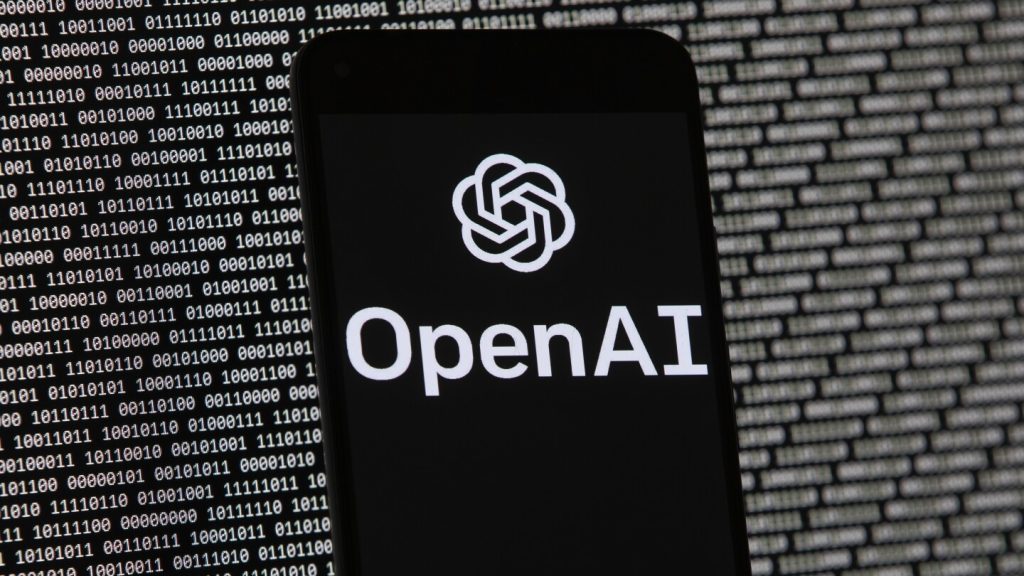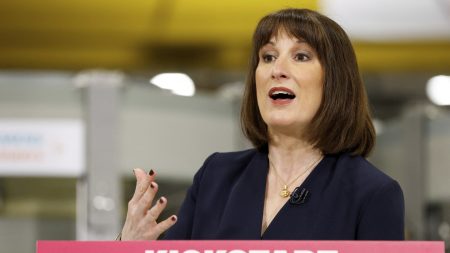Elon Musk’s $97.4 Billion Bid for OpenAI: A Battle for AI’s Future
A Billion-Dollar Offer and a Swift Rejection
In a dramatic turn of events, Elon Musk, leading a consortium of investors, has presented a $97.4 billion offer to acquire OpenAI, the nonprofit behind the revolutionary ChatGPT. Musk’s vision is to revert OpenAI to its original nonprofit mission, focusing on AI research for public benefit. However, OpenAI’s CEO, Sam Altman, swiftly dismissed the offer with a witty remark, suggesting they might buy Twitter for a fraction of what Musk paid—$9.74 billion, a far cry from Musk’s 2022 purchase of $44 billion. This exchange underscores the deep-seated tension between two tech titans with a shared history.
A Decade-Long Feud: Musk and Altman’s Battle for Direction
The roots of this conflict trace back to 2015 when Musk and Altman founded OpenAI with a noble mission: to develop advanced AI safely for the public good. However, their collaboration turned contentious, particularly after Musk’s 2018 resignation from OpenAI’s board. The feud escalated last year when Musk filed lawsuits in both state and federal courts, alleging OpenAI had strayed from its nonprofit objectives. Musk, who invested $45 million in the company up to 2018, claims the organization betrayed its founding principles by pursuing profit over public interest.
ChatGPT’s Rise and the Intensification of Internal Conflicts
The meteoric success of ChatGPT in late 2023 thrust OpenAI into the global spotlight, bringing both acclaim and new revenue streams. This success, however, also heightened internal strife over the company’s future. In late 2023, the nonprofit board ousted Altman, only for him to return with a new board, signaling a power struggle that continues to shape OpenAI’s trajectory. The company now stands at a crossroads, torn between its original charitable mission and the lure of becoming a for-profit entity.
Navigating Structural Changes and Tax Implications
OpenAI’s planned transition from a nonprofit to a for-profit structure presents significant legal and financial challenges. Tax laws require that assets donated to nonprofits remain within the charitable sector, complicating any conversion. Legal experts suggest that if OpenAI transitions, the nonprofit would need to be compensated at fair market value for any assets transferred to for-profit subsidiaries. This intricate process has drawn Musk’s legal team into action, seeking to block the conversion and uphold the original mission.
A Courtroom Showdown and the Judge’s Ponderings
The battle moved to a California federal court, where Musk’s lawyers argued that allowing OpenAI’s transition would cause irreparable harm. U.S. District Judge Yvonne Gonzalez Rogers expressed skepticism about Musk’s claims but acknowledged concerns, particularly regarding OpenAI’s partnership with Microsoft. While she hasn’t ruled yet, the case may proceed to trial next year, leaving the fate of OpenAI’s structure in the hands of a jury. The judge’s decision to let the case advance indicates that the legal drama is far from over.
Investors, Implications, and the Future of AI Governance
Musk’s bid is supported by notable investors, including Baron Capital Group and Valor Management, highlighting the high stakes involved. His attorney, Marc Toberoff, has called for a competitive bidding process to ensure fair compensation for the nonprofit’s assets, emphasizing the need to protect public interests. As this saga unfolds, it reignites debates on AI governance, ethical considerations, and the balance between innovation and public benefit. The outcome of this battle will not only shape OpenAI’s future but also influence the broader AI industry, setting precedents for how such transformative technologies are managed.








